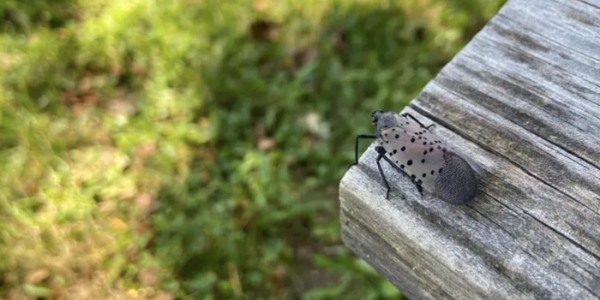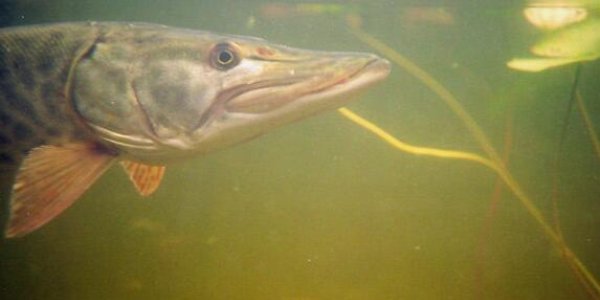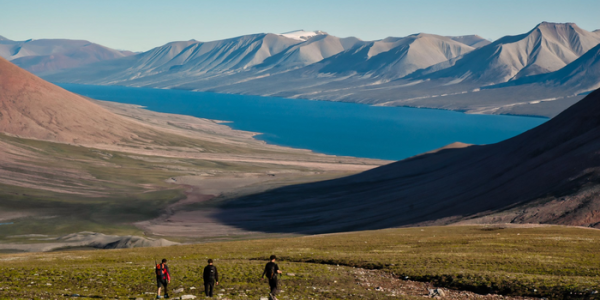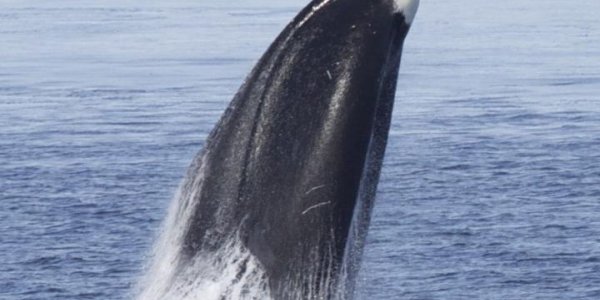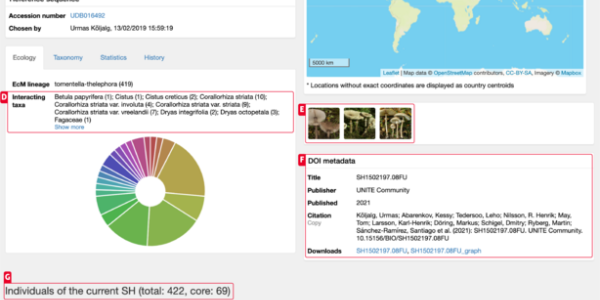Ancient Tibetans Thrived In One Of Earth’s Most Inhospitable Environments Thanks To Dairy Foods
New research shows that dairy products have made life easier for thousands of years. Even in places that are a challenge for anyone, like the Tibetan Plateau - the “roof of the world.”
Genetic…


